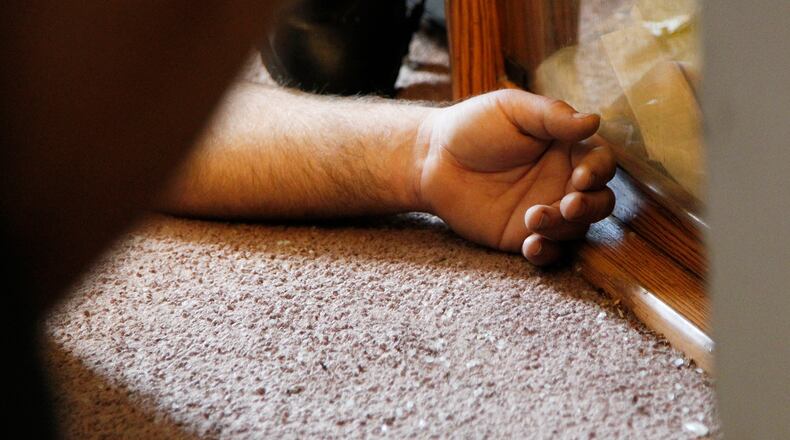MORE: Recovery housing key to reducing OD deaths, county group says
Naloxone is sold under the brand name Narcan and is intended for emergency treatment of opioid overdoses.
Titled “Project Save Miami Valley,” the effort is aimed at providing overdose prevention education and reversal medicines to emergency personnel in the three counties.
MORE: Heroin fight strains addiction services
Program officials estimate the project will annually serve 85 law enforcement officers, 400 EMS personnel, nearly 2,000 overdose victims and more than 800 community members.
The program will focus efforts on six activities:
1. Equipping law enforcement agencies with naloxone;
2. Equipping non-transporting EMS vehicles with naloxone;
3. Equipping EMS departments to furnish naloxone to citizens directly at the scene of an overdose as well as at fire/EMS stations;
4. Outreach services to link individuals to treatment and recovery services after a non-fatal overdose;
5. Prevention and education services that focus on how to have a healthy relationship with prescription medications;
6. Training for health care providers on overdose dangers and encouraging them to provide resources to overdose victims and their families.
MORE: Program launched by feds to battle local opioid epidemic
The program is expected to employ four full-time employees and one part-time employee.
This month, the Dayton Daily News reported overdose deaths in Montgomery County are at the year’s lowest level — about 40 a month — after hitting a high of 80 in May.
Still, the 507 overdose deaths in 2017 here have surpassed last year’s record of 349.
About the Author
